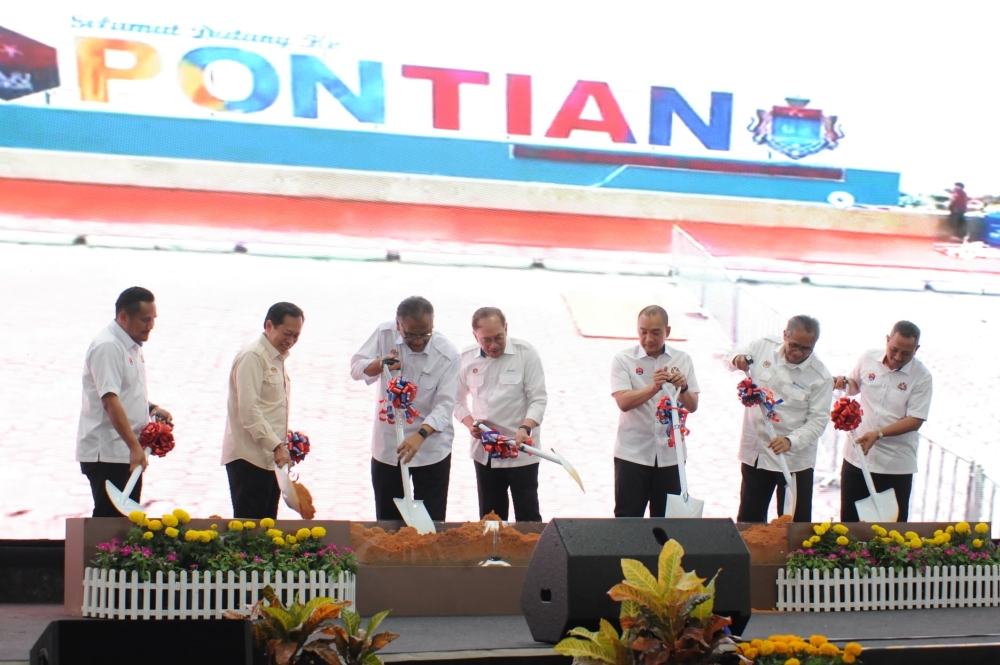KUALA LUMPUR, Sept 28 — Those living in high-rises and default on their maintenance fees can be brought to a strata tribunal by the Joint Management Bodies (JMB) where they can be made to pay hefty fines, according to lawyers who deal with the industry.
The Strata Management Tribunal (SM Tribunal) was set up under the Strata Management Act 2013 where property owners or tenants who fail to pay maintenance charges can be charged for committing a criminal offence.
Real estate lawyer Khairul Anuar said at a time where the payment of service charges have become a problem for high rise residences, JMBs should enforce the use of the tribunal to compel their tenants pay up.
“There is the strata management tribunal that can help any management to collect the fees owed by the tenants.
“This can be done without any legal procedure and through the tribunal. This is a short cut for them to collect the dues. There is no more reason for them (JMB) to say residents are refusing to pay,” he told Malay Mail Online when contacted.
The SM Tribunal can hear cases involving claims up to RM250,000 in a hearing process that takes up to 60 days. There are also no lawyers involved in the process.
Section 123 of the Strata Management Act also empowers the tribunal to forward the case to a court if the person charged fails to comply with the Tribunal’s decision.
“Any person who fails to comply with an award made by the tribunal commits an offence and shall, on conviction, be liable to a fine not exceeding RM250,000 or imprisonment for a term not exceeding three years, or both.
“In the case of a continuing offence, to a further fine not exceeding RM5,000 for every day or part thereof, during which the offence continues after conviction,” the section reads.
Other than the tribunal, another real estate lawyer, Chris Tan, explained that there also other ways where the JMB can make their tenants to cough up maintenance fees.
Among the methods he suggested include referring the case to the Commissioner of Buildings or even putting restrictions on facilities at high-rises.
“The management can enforce restrictions on those who fail to pay like not letting them use the condominium facilities or even making them sign visitors book when entering the premises.
“They also can go through the Commissioner and at times can result in actions like taking away their cars, electrical appliances and stuff like that as compensation,” Tan told Malay Mail Online.
If at all the situation here worsens, Tan believes that Malaysia should follow Singapore in seizing and auctioning off defaulters’ units to recover arrears.
He conceded, however, that it will be hard to apply the same rules here as mostly properties here are privately owned compared to the Housing and Development Board (HDB) public housing in Singapore.
Earlier this year, it was reported that over 1,192 cases have been filed at the Strata Management Tribunal since the start of 2016.
The problems with high-rise living and their maintenance have been a growing pain in Malaysia over the past few years as strata properties increase.
A survey by the Urban Wellbeing, Housing and Local Government Ministry last week revealed that more than half of condominiums and apartments nationwide ranked below par in an evaluation of property management standards.
Among the major problems that resulted in such standards were the fact that some residents in condominiums are refusing to pay maintenance fees. Other problems included building defects and matters involving enforcement.


















